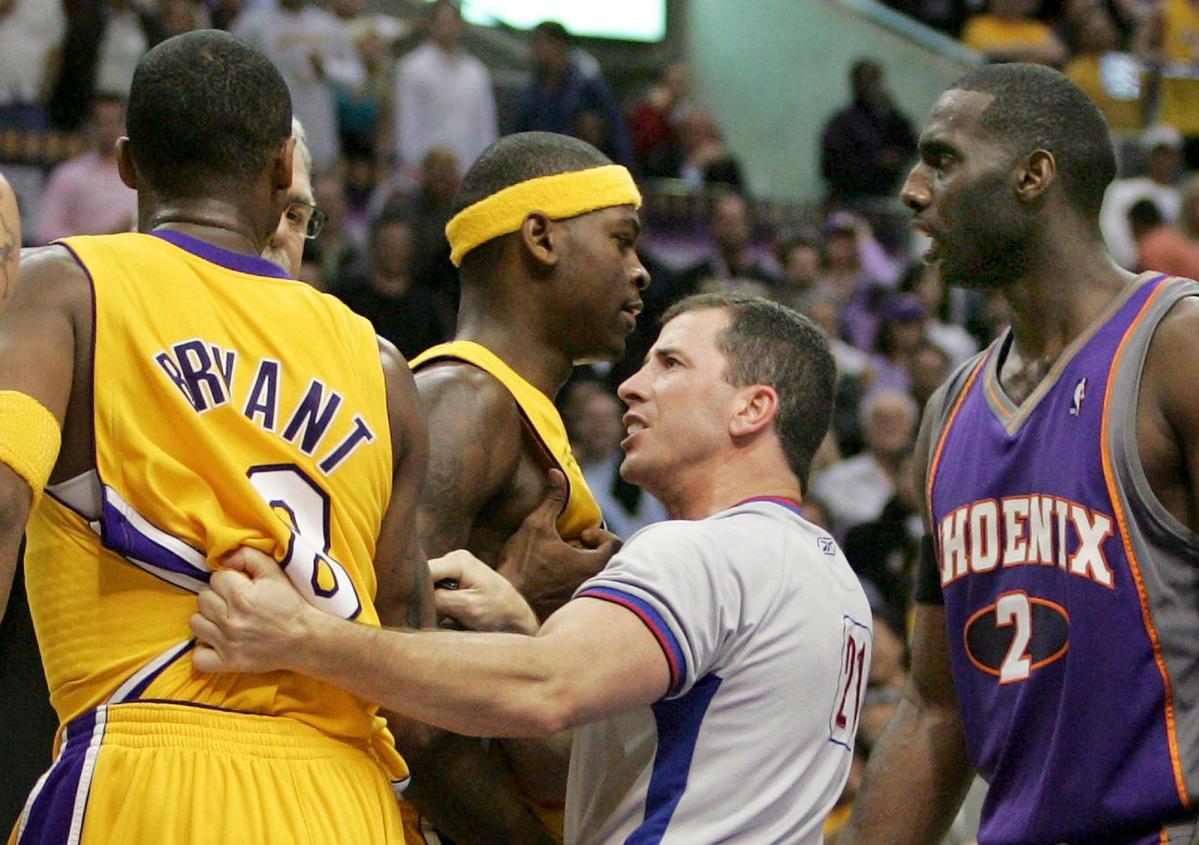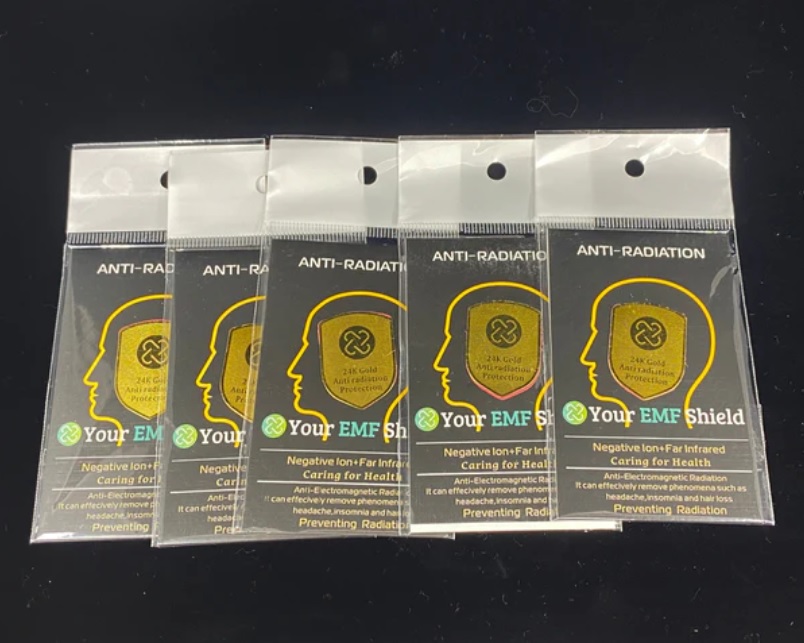The first two minutes of the documentary “Untold: Operation Flagrant Foul,” now streaming on Netflix, about former NBA referee Tim Donaghy should give viewers plenty of raised eyebrows and cause them to reevaluate their definition of truth.
The bold words come across the screen when the producers ask the NBA for comment on the film: “Tim Donaghy is a convicted felon. … There is no basis now to revisit any of this.”
Then Donaghy, a native Pennsylvanian and 76ers fan, appears on screen and illuminates these words through a voiceover, “I love the game of basketball. Growing up, it’s all I did, all I dreamt of, and all I wanted to be a part of. Man, did I (expletive) my life up.”
Aside from the legal facts of the case, the last sentence in that statement might be the most honest thing said in the entire documentary.
“Operation Flagrant Foul,” which is also the name of the federal investigation into Donaghy and the scheme, dives deep into the 2007 gambling scandal that nearly brought down the NBA, calling its integrity into question. Accusations, innuendo and lies come from a cast of lawyers and characters, including Donaghy’s co-conspirators Tommy Martino and Jimmy Battista, telling a story that many have long ago wanted to forget — especially the NBA. (No one from the league participated in the film).
Even though he wrote a book about the ordeal, 2009’s “Personal Foul: A First-Person Account of the Scandal that Rocked the NBA,” Donaghy says part of the reason he wanted to do a documentary was to get to the bottom of what was done, as well as the NBA’s culpability and “why it got swept under the rug so quickly.”
“And also because I think there are a lot of misconceptions out there,” Donaghy said to USA TODAY Sports.
LAKERS DOC: Jeannie Buss reveals organization’s highs and lows in Hulu documentary
NEWSLETTER: Get the latest sports news and features sent directly to your inbox
OPINION: What Manti Te’o’s vulnerability in documentary shows us about self-forgiveness
One of those misconceptions is that Donaghy officiated the 2002 Western Conference Finals between the Los Angeles Lakers and the Sacramento Kings, where several calls came into question. (He didn’t, but he did officiate the infamous “Malice in the Palace” brawl between the Indiana Pacers and Detroit Pistons.)
“The whole thing about fixing the games. And there were a lot of things in the U.S. Attorney Office that were kind of shady,” Donaghy said. “And obviously that the NBA and David Stern (former NBA commissioner who died in 2020) said that I was one rogue referee. Those things are not true.”
While the NBA denied leaking the details of the FBI investigation into fixing games to the media in order to get an early handle on some damage control later, Donaghy warns fans, even today, to have a skeptical mind when watching a league telecast.
“I was in the inner workings of it for 14 years and I saw what we going to do and how star players were treated, and it was different depending what was on the front and back of jerseys,” said Donaghy, who also claimed the league wanted to extend playoff series as a result.
“And the rules weren’t enforced as they were written in the rulebook. I saw it then, and I still see it now.”

The FBI’s conclusion was that Donaghy did not manipulate games or make calls to benefit his gambling picks, with the NBA issuing its own report detailing misconduct and found there was “no basis to disagree with the finding of the FBI and the U.S. Attorney’s Office that ‘[t]here is no evidence that Donaghy ever intentionally made a particular ruling during a game in order to increase the likelihood that his gambling pick would be correct.'”
In 2008 Donaghy pleaded guilty to two charges, conspiracy to engage in wire fraud and transmitting betting information through interstate commerce for essentially giving insider tips to his friends in games he worked. He lost his livelihood, wife and pension, and was sentenced to a 15-month prison term and three years of supervised release.
The FBI also looked at several other league officials, including Scott Foster, to see if it was a widespread problem, but that investigation was halted.
Now 55 and living in Florida, Donaghy, a divorced father of four, says he still gets recognized when he is out but is in a good place these days. For income, he has appeared in Major League Wrestling portraying a crooked referee, and he also manages several rental properties.
“I affected a lot of people, but for that there isn’t a lot that I can do except move forward and make better choices,” he said.
A bit remorseful and certainly defiant about his thoughts on the NBA and Battista, when asked how can a viewer watching the documentary can tell when someone is being truthful, the answer is repeated at every opportunity: He and the FBI are telling the truth, everyone else, not so much.
“I think Tommy and I are similar in our stories that we told. Anytime Battista opens his mouth to talk, you can just know that he’s lying,” Donaghy says bluntly.
This article originally appeared on USA TODAY: Tim Donaghy Netflix docufilm returns disgraced ex-NBA ref to spotlight




